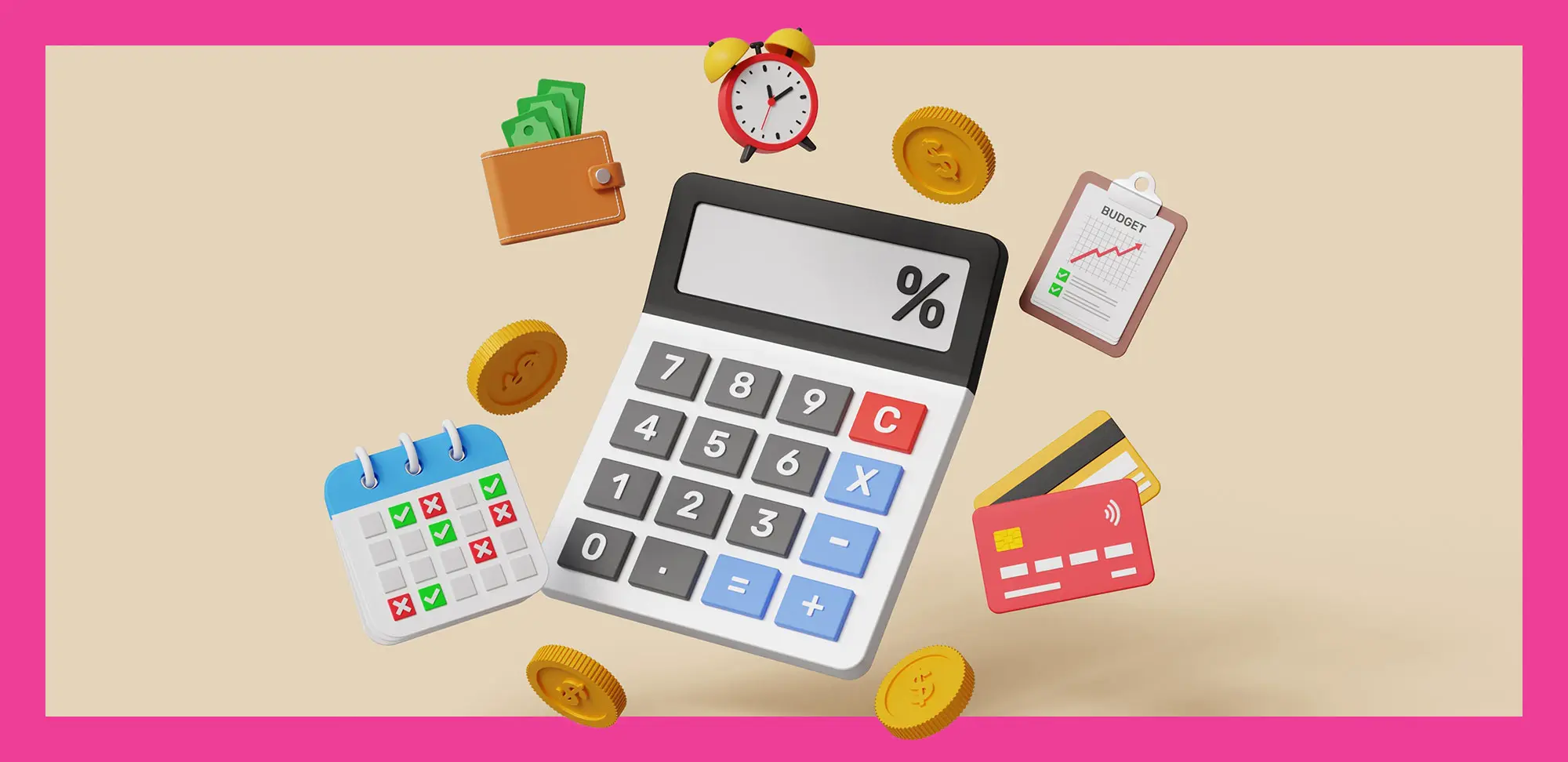Tidying up our home and garden, getting rid of stuff we no longer use and welcoming spring as a fresh start is rejuvenating.
But don’t limit spring cleaning to your home, garden or closet! Your finances could use a refresh, too.
- Dust off important paperwork that’s been used to prop up your laptop and tiny succulent the past three years. Review your will to ensure it’s up to date and truly reflects your wishes. Chances are, if you’ve had a major life change, it needs to be updated. Review your life, disability and critical illness insurance as well as your home and auto insurance. Your needs can change from year to year and your policies become outdated. Now, file these documents away in a place you (and your family) will remember.
- Take the time to go through your home, room by room, and get specific about what you don’t need anymore — and sell it. There are many location-based, popular buy-and-sell apps (for larger items like furniture, too) like VarageSale. Take gently used clothing and shoes to a consignment shop. Or post your items, including electronics, for sale through Facebook Marketplace or Kijiji. Donate or recycle leftover items. With what you make, you can pay down debt, save or give some money away.
- It’s a couple months into the year, so take a look at your spending habits. Does your budget now include unplanned increases? If yes, now’s the time to adjust for those. Or, if you’ve seen a decrease in expenses in certain categories of spending, reallocate some of those extra dollars to your savings goals.
- While not everyone has a green thumb, growing your own herbs inside, in small pots, is fairly easy and can save you in the long run. Start by figuring out which herbs you use most often, and then get planting. And, if you have a garden, consider planting vegetables to offset high grocery costs.
- The market has been unpredictable, and this calls for extra vigilance around monitoring your investment performance. How strong are your long-term returns (seven to 10 years)? Over many decades and market cycles, the markets have appreciated between six and 10 per cent. Are you stacking up? Next, take a look at your fees. Common fees are management and trading fees, but there can be others. Anything under one per cent is very inexpensive. And if your fees creep over 2.25 per cent, they are on the higher end of the spectrum. Now put the two pieces together. The sweet spot is when you achieve at least on-par market performance with below-average fees.
Live with fewer things. Fewer, more streamlined accounts, with fewer, better banks, for example, or doing fewer, more fulfilling activities, make your home and head feel cleaner and clearer, reduce environmental waste, and spur on feelings of gratitude for what you do have. And living less-is-more can have a positive effect on your finances. And interestingly, research also shows that organized people simply have more money.










